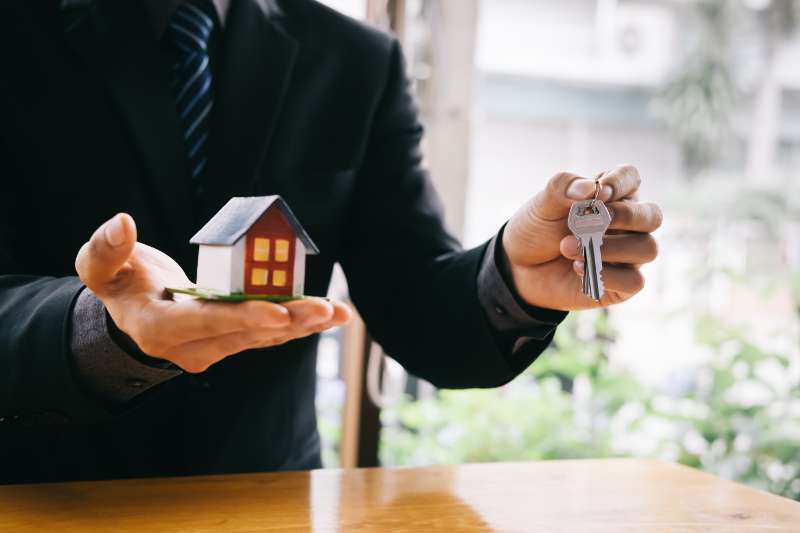Being self-employed has its perks—flexible schedules, the ability to be your own boss, and the…
Beyond the Front Door: Key Elements of a Perfect Neighborhood
When buying a home, it’s easy to focus solely on the property itself—how many bedrooms it has, the size of the yard, or the kitchen’s modern finishes. But an equally important consideration is the neighborhood in which the home is located. A great neighborhood can enhance your quality of life, support your home’s long-term value, and provide a sense of community. Here’s what to look for beyond the house when choosing the perfect neighborhood.
Location and Accessibility
One of the first factors to consider is the neighborhood’s location and its accessibility to key places in your daily life. How close is it to work, schools, grocery stores, and healthcare facilities? A great neighborhood should offer convenience, minimizing your commute and making daily errands easier. Additionally, proximity to major highways or public transportation can be a significant advantage, especially if you need to travel frequently.
Safety and Security
Safety is a top priority for any homebuyer. Research the neighborhood’s crime rates and talk to local residents about their experiences. Look for signs of a well-maintained area, such as good lighting, clean streets, and visible community policing efforts. A safe neighborhood not only provides peace of mind but also contributes to the long-term value of your home.
Quality of Schools
Even if you don’t have children, the quality of local schools can impact your home’s value and the overall appeal of the neighborhood. Homes in areas with highly rated schools tend to hold their value better and are more attractive to future buyers. If you do have children or plan to, living in a neighborhood with good schools ensures access to quality education.
Community Amenities
A great neighborhood often includes a variety of amenities that enhance the lifestyle of its residents. These might include parks, playgrounds, walking trails, and recreational facilities. Access to these amenities provides opportunities for outdoor activities and socializing, which can make your neighborhood feel like a true community.
Local Businesses and Services
The presence of local businesses, such as restaurants, cafes, shops, and services, can greatly influence the appeal of a neighborhood. These establishments contribute to the neighborhood’s vibrancy and convenience, offering places to dine, shop, and enjoy leisure time without needing to travel far. Additionally, areas with thriving local businesses often have a stronger sense of community and are more desirable to live in.
Future Development
It’s also important to consider the neighborhood’s potential for future development. Areas with planned infrastructure improvements, new businesses, or residential developments can see property values increase over time. However, be mindful of the type of development—while some growth can enhance the neighborhood, overdevelopment can lead to congestion and a loss of the area’s charm.
Neighborhood Character and Aesthetics
The character and aesthetics of a neighborhood play a significant role in its overall appeal. Look for a neighborhood with well-maintained homes, clean streets, and attractive landscaping. The architectural style of the homes and the overall vibe of the area should align with your personal tastes and lifestyle. Whether you prefer a quiet, tree-lined street or a bustling urban environment, choosing a neighborhood that reflects your preferences will make you feel more at home.
Sense of Community
Finally, a strong sense of community can be the defining factor of a great neighborhood. Talk to current residents to get a feel for the community atmosphere. Are neighbors friendly and welcoming? Are there community events, neighborhood associations, or social groups? A neighborhood where people look out for each other and take pride in their community can greatly enhance your living experience.
When searching for a home, it’s essential to look beyond the house itself and consider the broader neighborhood. Factors such as location, safety, schools, amenities, local businesses, future development, neighborhood character, and community spirit all contribute to the overall quality of life in a given area. By carefully evaluating these aspects, you can choose a neighborhood that not only meets your needs but also enriches your lifestyle and supports your home’s long-term value.




